MIT Sloan Management Review leads the discourse among academic researchers, business executives and other influential thought leaders about advances in management practice, particularly those shaped by technology, that are transforming how people lead and innovate. MIT SMR disseminates new management research and innovative ideas so that thoughtful executives can capitalize on the opportunities generated by rapid organizational, technological and societal change.
Agents of Change
MIT Sloan Management Review
How Organizational Change Disrupts Our Sense of Self • Leaders can better manage large-scale transformation by helping employees adapt to new identities rather than new tasks.
How to Bring ESG Into the Quarterly Earnings Call • Stop treating environmental, social, and governance strategies as a sidebar and integrate them into regular financial reporting.
The Right Way to Mix and Match Your Customers • Finding complementary patterns of demand across your customer base can help smooth out costly spikes and slumps.
LOOKING AT DEMAND ACROSS A CUSTOMER PORTFOLIO
Get More Ideas From the Crowd • These five techniques for writing problem statements can improve results from crowdsourced challenges.
The Price Leaders Pay for Cutting Ethical Corners • Asking employees to take questionable shortcuts can hurt their motivation and their performance.
Tools for Change: ADVANCING EQUALITY IN THE ENTERPRISE
Fighting Backlash to Racial Equity Efforts • UNDERSTANDING THE REAL REASONS WHY DIVERSITY INITIATIVES PROVOKE OPPOSITION CAN HELP YOU LEAD EMPLOYEES THROUGH CULTURAL TRANSFORMATION.
Cultivating an Inclusive Culture Through Personal Networks • ANALYZING EMPLOYEES’ NETWORK CONNECTIONS CAN SHOW WHETHER THEY HAVE THE ACCESS AND RELATIONSHIPS THEY NEED TO BE MOST EFFECTIVE.
RELATIVE NETWORK CONNECTIVITY BY RACE AND GENDER
Why Putting On Blinders Can Help Us See More Clearly • EVEN IF YOUR ORGANIZATION DOESN’T HAVE A “BLINDING” POLICY FOR HIRING AND OTHER PEOPLE EVALUATIONS, IT’S POSSIBLE TO REAP SOME OF THE BENEFITS.
“Read cover to cover. Superb.”
Why Good Arguments Make Better Strategy • Formal processes, constructive debate, and logical rigor are the key ingredients to crafting consistently great strategies.
MAPPING OUT STRATEGY ARGUMENTS
The Practices That Set Learning Organizations Apart • Companies committed to building workforces equipped for the future apply seven key principles to training and development.
Turbulent Times Demand Dynamic Rules • Circumstances can change rapidly — organizational rules should be designed to change along with them.
The Courage to Be Candid • It takes a surprising amount of bravery for employees to point out ways organizations can learn and improve. Leaders can make it easier for people to speak up.
ACTS OF COURAGE THAT LEAD TO GROWTH
Rethinking Industry’s Role in a National Emergency • The shortcomings of the U.S. Strategic National Stockpile must be remedied before the next large-scale public health emergency. Here’s how.
How Volunteerism Enhances Workplace Skills • The idea of fostering learning through service is surprisingly controversial. Employers should plan carefully.
The Overlooked Partners That Can Build Your Talent Pipeline • Companies that tap community-based nonprofits can develop better long-term skill strategies and enlarge their local talent pools.
EXECUTIVE BRIEFINGS
Linking Good Intentions to Intentional Action
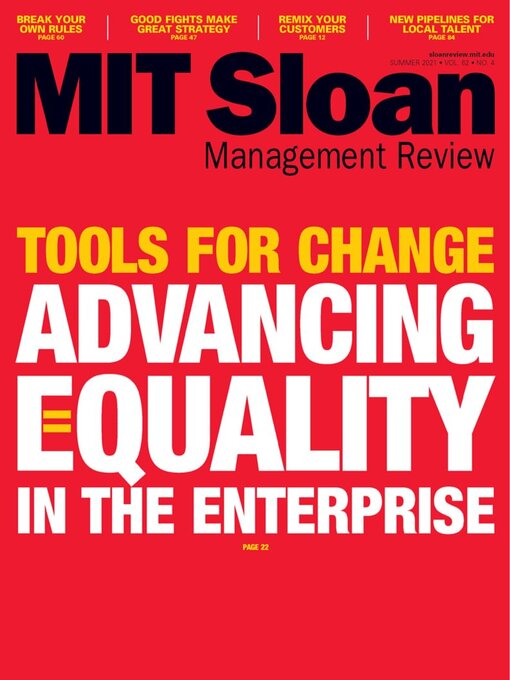
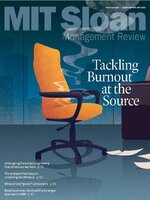 Winter 2025
Winter 2025
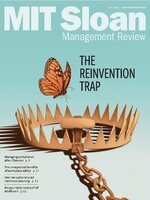 Fall 2024
Fall 2024
 Summer 2024
Summer 2024
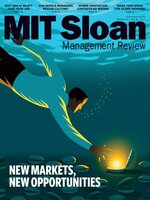 Spring 2024
Spring 2024
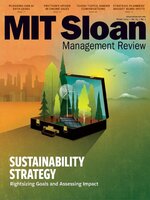 Winter 2024
Winter 2024
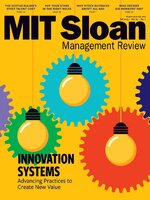 Fall 2023
Fall 2023
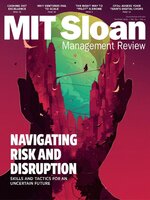 Summer 2023
Summer 2023
 Spring 2023
Spring 2023
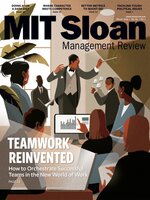 Winter 2023
Winter 2023
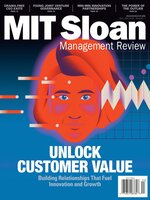 Fall 2022
Fall 2022
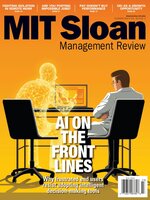 Summer 2022
Summer 2022
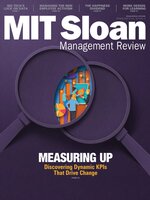 Spring 2022
Spring 2022
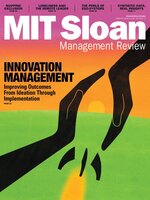 Winter 2022
Winter 2022
 Fall 2021
Fall 2021
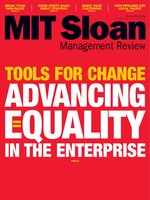 Summer 2021
Summer 2021
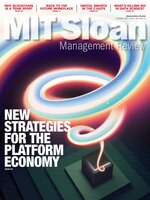 Spring 2021
Spring 2021
